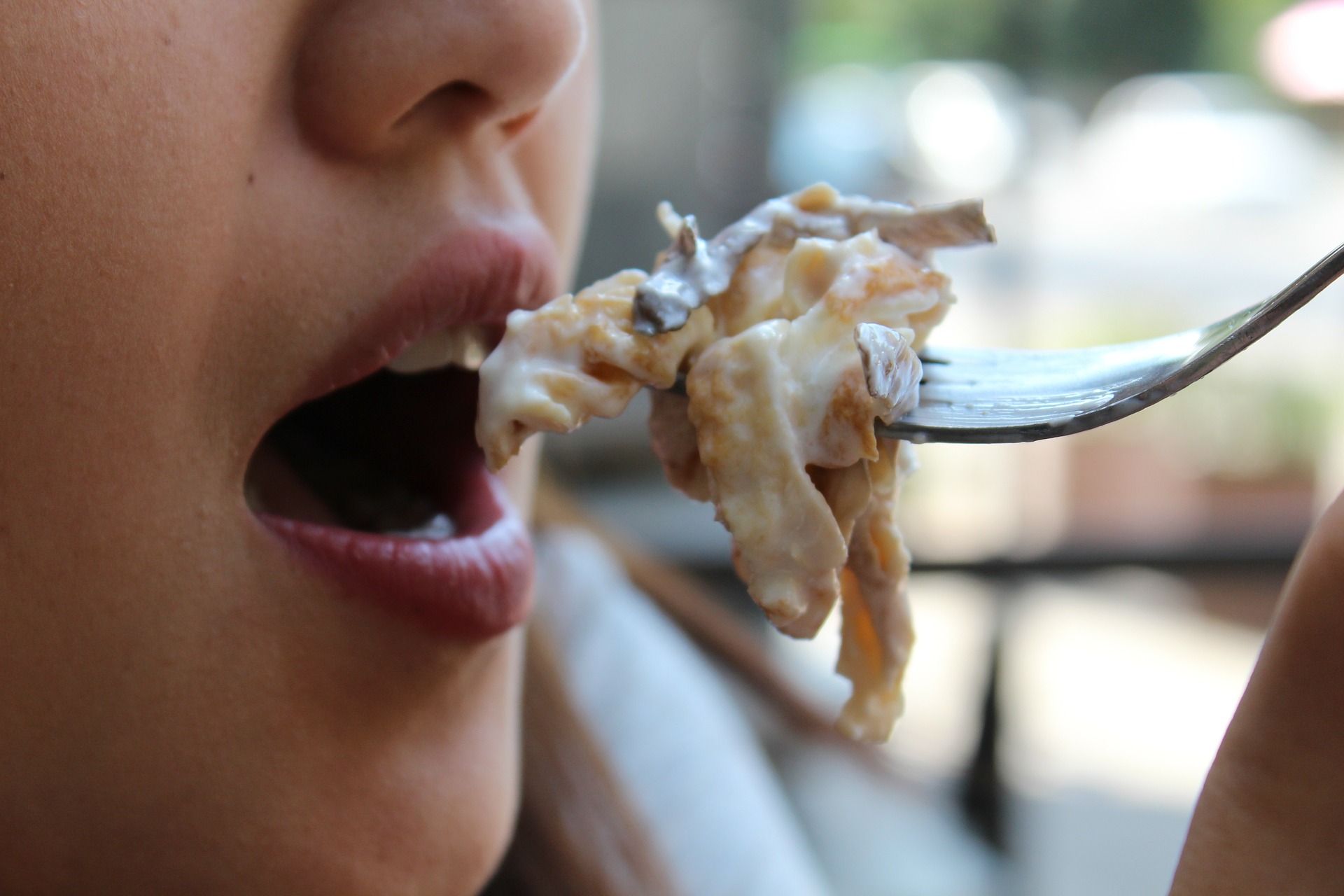Teeth desensitization in Newmarket will help you eat and drink anything you want without experiencing pain. Many people accept sensitive teeth as a fact of life. There is no need to live with the problem, nor do you need to stop eating foods that cause you discomfort because our dentists in Newmarket will provide you with six ways how to do teeth desensitization.
1. Change Your Dental Hygiene Habits
Sensitive teeth can be caused by poor oral habits, including infrequent brushing and pressing too hard on teeth. Ensure you brush for at least two minutes twice daily, switch to a softer toothbrush if bristles are hurting your gums, purchase toothpaste for sensitive teeth, and use fluoride mouthwash. You should also ask your dental hygienist to demonstrate the proper brushing technique.
2. Receive Regular Checkups
You must visit our dentist near you every six months to ensure your teeth are healthy. Decay at the gum line, gingivitis, damaged teeth, and plaque can all lead to sensitive teeth.
3. Steer Clear of Over-the-Counter Whitening Products
If you want to whiten your teeth, receive a professional service from your dentist. Products you buy at the pharmacy can cause lasting sensitivity.
4. Receive a Night Guard
A custom night guard from our dentist will stop you from grinding your teeth at night. As well as preventing sensitivity, this will alleviate headaches and jaw pain and stop your teeth from wearing down.
5. Change Your Diet
Try to limit your consumption of acidic foods and drinks. These wear down the enamel on teeth.
6. Ask Your Dentist for Treatment
For extreme sensitivity, such as after a dental procedure like a filling, crown, or tooth restoration, your best option is to receive treatment from your dentist. Your dentist will apply a fluoride gel, varnish, bonding resin, or dentin adhesive to your teeth.

